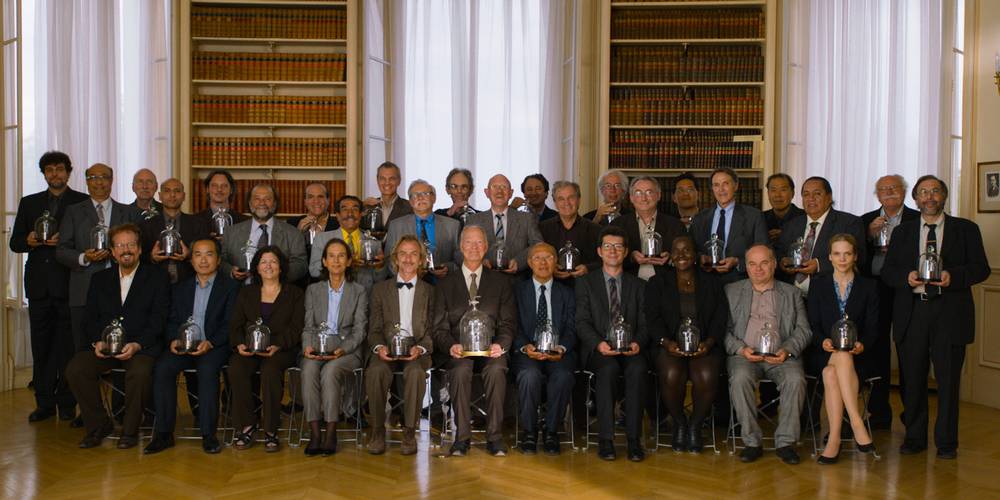Director: Michelangelo Antonioni
Cast: Gabriele Ferzetti, Monica Vitti, Lea Massari
Italy, 143', 1960, black & white
Italian with Turkish subtitles
The first of Antonioni’s breakthrough film trilogy, L’avventura proved an “adventure” from its rough, perilous production to its troubled release, including charges of obscenity and immorality. Using a widescreen canvas for the first time, Antonioni’s signature experimental narrative style blossoms fully and radically around absence, initially in the form of a woman’s mysterious disappearance during a trip to an island. The ensuing search is composed of behaviors not fully comprehensible, desires abandoned and central plot points forgotten. Upon this dizzying post-war terrain, truth, love and happiness are unequally exchanged for money, sex and status, and all characters suffer from an emotional seasickness. Antonioni describes with stunning precision his indistinct, inarticulate explorers apprehensively treading toward, in his words, “the moral unknown.”

In a bid to review the International System of Units (SI), the International Bureau of Weights and Measures gathered at the 26th General Conference on Weights and Measures on November 16, 2018. Sixty member states have voted for changing four out of seven basic units of measurement. The kilogram is among the modified. Before describing the key points, let us have a closer look into the kilogram and its history.
Tuesday - Saturday 10:00 - 19:00
Friday 10:00 - 22:00
Sunday 12:00 - 18:00
The museum is closed on Mondays.
On Wednesdays, the students can
visit the museum free of admission.
Full ticket: 300 TL
Discounted: 150 TL
Groups: 200 TL (minimum 10 people)